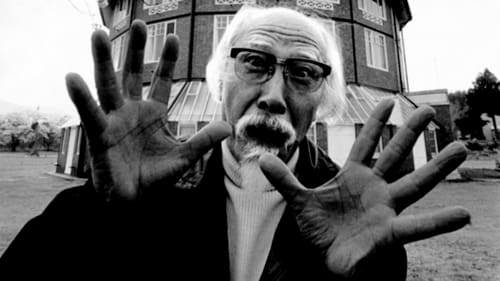
Camera Operator
En los años sesenta, el director y guionista Seijun Suzuki (1923-2017) fue el gran innovador del cine japonés. Extremadamente creativo y excéntrico, su mundo narrativo está fuertemente influenciado por el teatro kabuki. Su testimonio coincide con el de su colaborador y amigo cercano, el director artístico y guionista Takeo Kimura (1918–2010). Entre los dos, recuerdan cómo hicieron sus grandes obras maestras sobre la Yakuza y los bajos fondos para los estudios de cine Nikkatsu.

Camera Operator
HIDEO, It's Me, Mama is a psychological melodrama that introduces narrative and structural devices that are integral to Idemitsu's work. Exploring the flawed universe of the contemporary Japanese family, she focuses on a woman's identity as mother through mother-child and husband-wife relationships. Hideo, a young man living away from his parents, is kept under constant surveillance by his doting mother via an omnipresent television monitor. In a cogent metaphor for familial relations in the media-saturated culture of contemporary Japan, Mama can only communicate with her beloved, absent son through the video screen. Idemitsu's poignant irony is embodied in the scene in which Mama, blind to her husband's needs, caresses Hideo's video image. (Electronic Arts Intermix)

